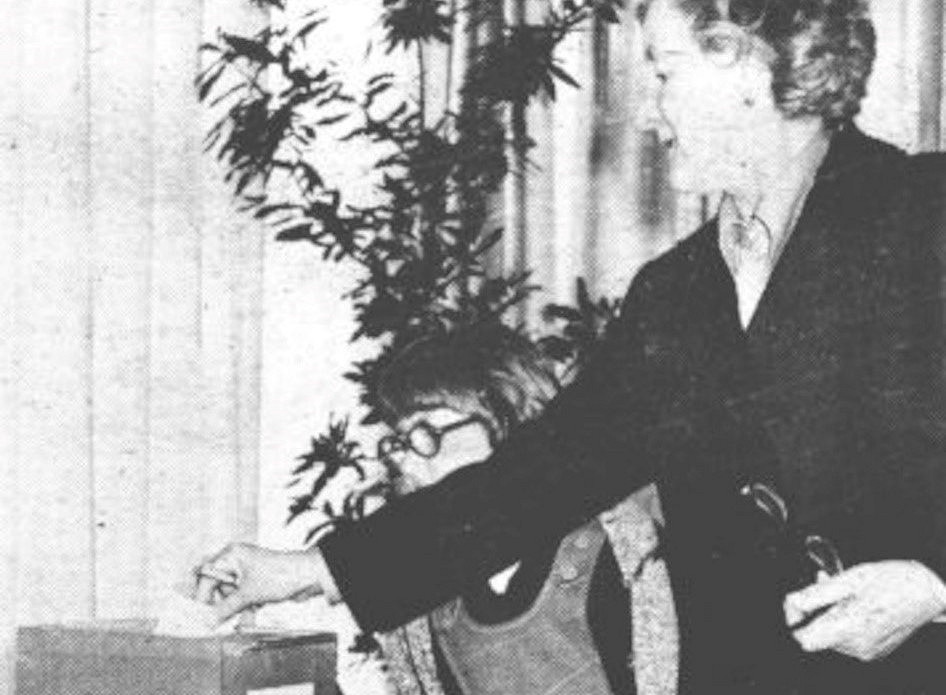Scholarship on democracy has adopted Western political tradition as its primary point of reference. Democracy has been embedded deeply into this conceptual framework, which is specific to the political and social cultures of the postwar Western world. However, the concept of democracy was not meaningless in postwar communist and postcolonial states. The alternatives to liberal parliamentary democracy were not only widely debated but also put into practice. On the example of socialist Yugoslavia, the round table will discuss the participation of citizens in decision-making on the local level: within local communities, neighborhood committees, and district assemblies as well as the participation of workers in decision-making within their workplaces and the transfer of labor policies of Yugoslav workers’ self-management to the countries of the Global South.
Disscutants: Prof. Igor Duda (University of Pula), Dr. Ana Kladnik (University of Graz), Dr. Goran Musić (University of Vienna),
Immanuel R. Harisch (University of Vienna), Dr. Nina Vodopivec (Institute of Contemporary History, Ljubljana)
Moderation: Hanna Stein (University of Graz)
